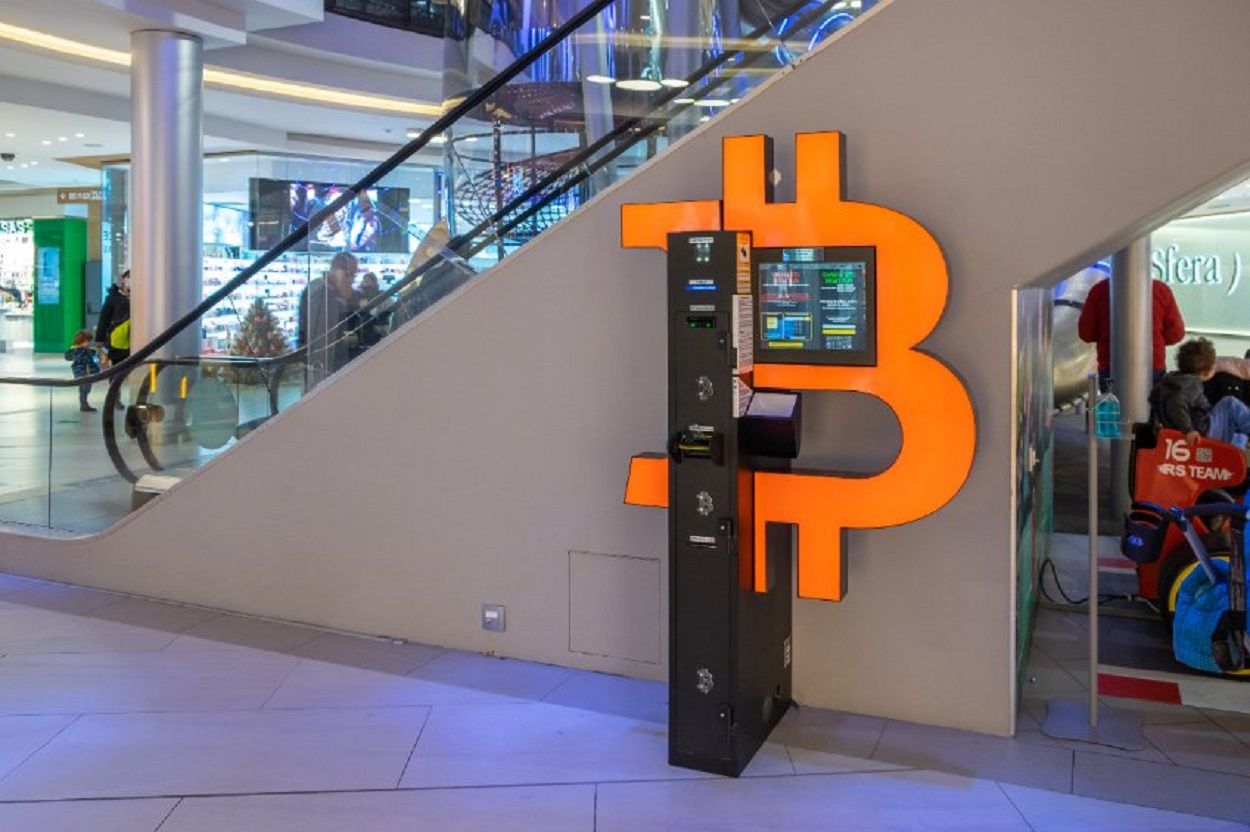Crypto ATMs are hidden in vape shops, gas stations, laundromats, and other low-key locations. Operators market them as an easy way to exchange cash for crypto. According to experts, though, international organized crime groups are carrying out fraud worth millions of dollars through the machines in the US alone. Just 10% of funds are recovered.
Most crypto ATMs convert cash to crypto. Compared to online crypto exchanges, their identification requirements are less strict. They let criminals steal large amounts of cash long before law enforcement has gotten word of the crypto ATM scam. Limited budgets for fighting financial crimes and varying state regulations exacerbate the issue.
Losses from crypto ATM scams exceeded $120M in 2023
There are more than 2,600 crypto ATMs in Florida alone. In its first public estimate of the problem’s scope, the FBI reported that losses from scams via crypto ATMs in the US were over $120 million in 2023.
A UN 2023 report painted a detailed picture of the connection between crypto fraud, illegal gambling, and other online scams and international human trafficking. The UN estimates that more than 200,000 people in Asian countries like Cambodia and Myanmar are forced to perpetrate internet fraud.
How crypto ATM scams work
Most members of organized crime groups are based in India, Southeast Asia, and West Africa. They convince victims to feed cash into crypto ATMs. Russians and Ukrainians have also taken part.
A US victim received an email stating that a warrant was out for her arrest. Then, someone claiming to be an FTC investigator called her home and sent her a screenshot of his state-issued ID. He instructed her to withdraw $9,000 in cash from her bank account and insert it into a crypto ATM in a gas station near her home.
A few minutes after she inserted the bills, the funds were transferred to a wallet with Seychelles-based exchange OKX. From there, the trail went cold. Experts suspect this wallet belonged to a peer-to-peer service, maybe a small-scale broker.
These services usually let users trade crypto without AML measures or know-your-customer checks. They are part of larger centralized crypto exchanges.












